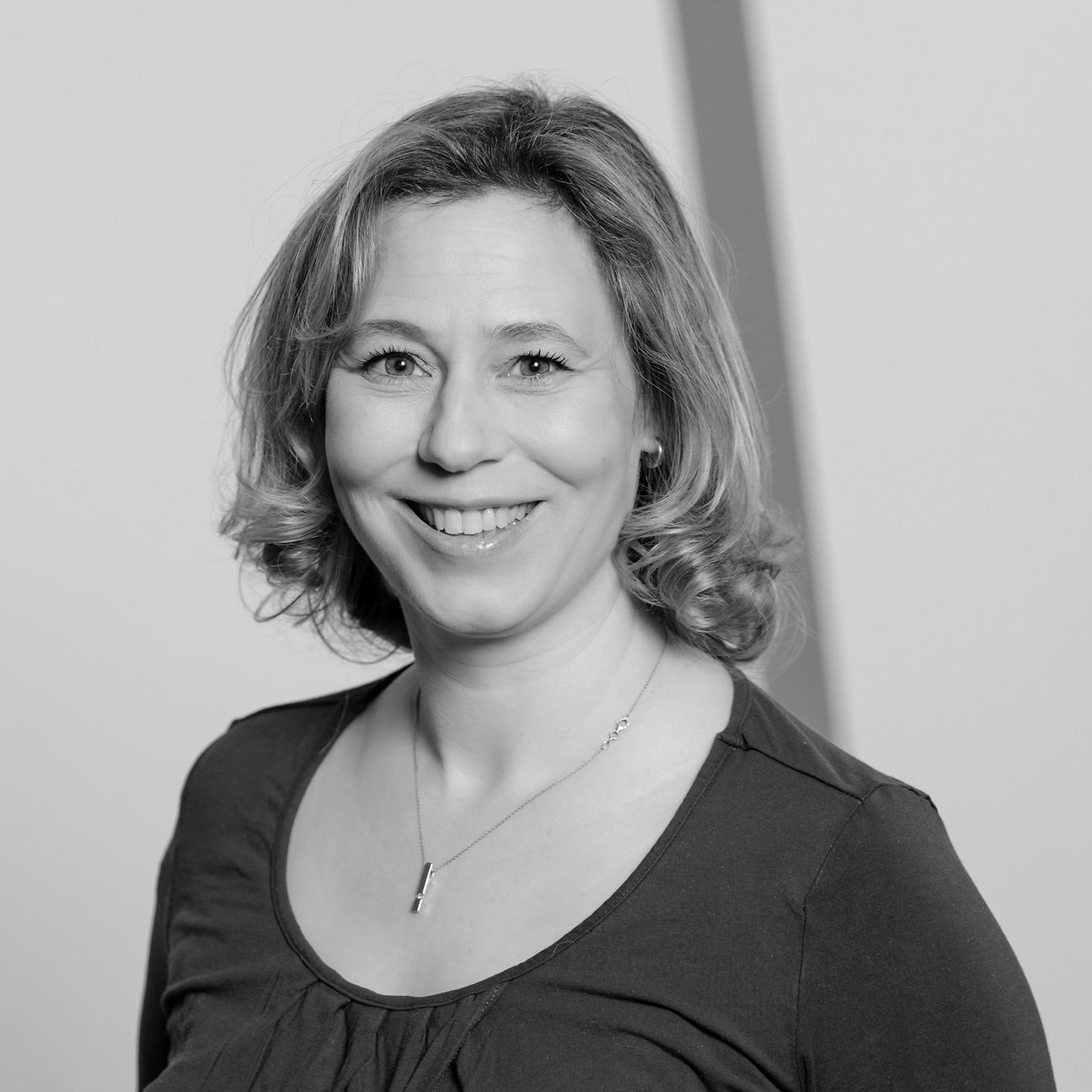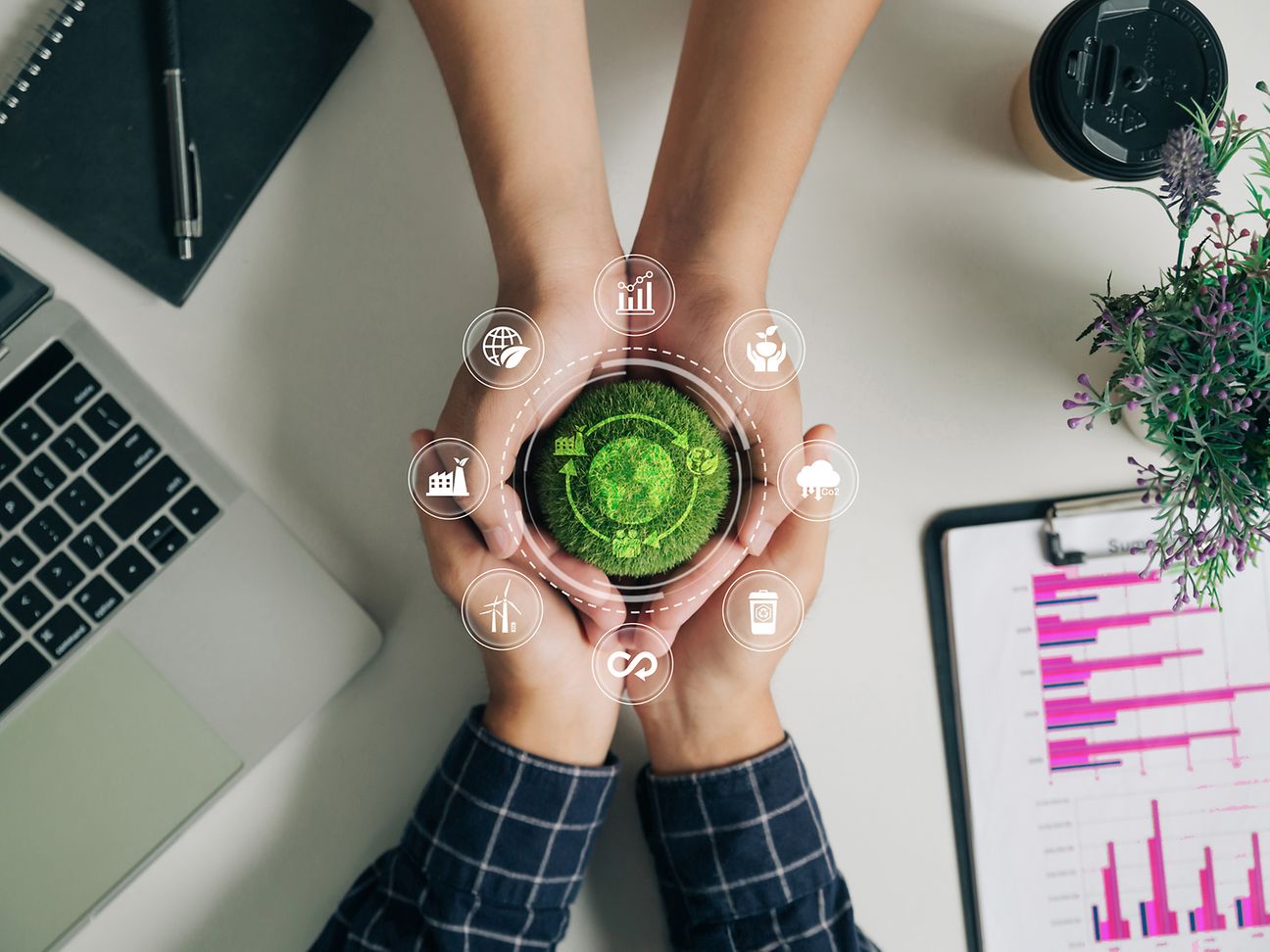Telekom is a pioneer of the circular economy among DAX 40 companies
Indeed Innovation, a consulting firm specializing in the circular economy, has named Deutsche Telekom a "Circular Transformer" after an analyzing the approach of DAX 40 companies. Deutsche Telekom was praised, among other things, for its ambitious circular economy goal and transparent reporting on what has been achieved so far. Indeed Innovation's whitepaper explores how German companies are embracing the circular economy, a key pillar of the EU Green Deal. It compiles a 'Circularity Index' for the DAX 40 companies and shows their goals and successes in sustainability.
What is a Circular Transformer?
Indeed Innovation defines Circular Transformers as companies that preserve the value of products throughout their lifecycle. They rely on take-back programs for refurbishment and repair as well as on innovative models such as product sharing and cooperation for closed material and energy cycles. These companies are helping to achieve the Paris Agreement's goal of limiting global warming to a maximum of 2°C. To compare companies' contribution to climate protection, the authors of the study used the MSCI Implied Temperature Rise metric.
Pioneer among DAX 40 companies
In the study, the authors praise Deutsche Telekom's goal of achieving a fully circular economy by 2030 – an ambitious goal compared to other DAX 40 companies. They see it as an advantage that leasing and the return of telephony and ICT equipment have long been proven business practices in the company. Deutsche Telekom also built up a market for used handsets and the corresponding recycling infrastructure at an early stage. Telekom's transparent reporting on its progress was also appreciated.
Circular economy at Deutsche Telekom
Striving for circularity is one of the focal points of Deutsche Telekom's corporate responsibility strategy. By 2030, we want to implement them for our technology and devices. To this end, we start at various points: from product design, to sustainable products that promote the circular economy, sustainable product packaging, to holistic waste management and circular approaches for our network technology.
How to close the circle
The authors of Indeed Innovation emphasize that sustainability is a must in modern business, and that the circular economy is key to achieving this. Companies must proceed systematically, use circular strategies and promote a culture of innovation. Nevertheless, the majority of DAX companies still pursue linear business models. The authors of the report recommend a three-step approach, in which a clear vision, strategy and roadmap for the transformation to a circular company is first developed, then circularity is actively shaped and finally the change is driven by organizational changes in the company. In addition to strategic benefits, the circular economy also strengthens resilience, secures operations for the future and improves brand image.
This text was created with the help of artificial intelligence and then edited by humans.


